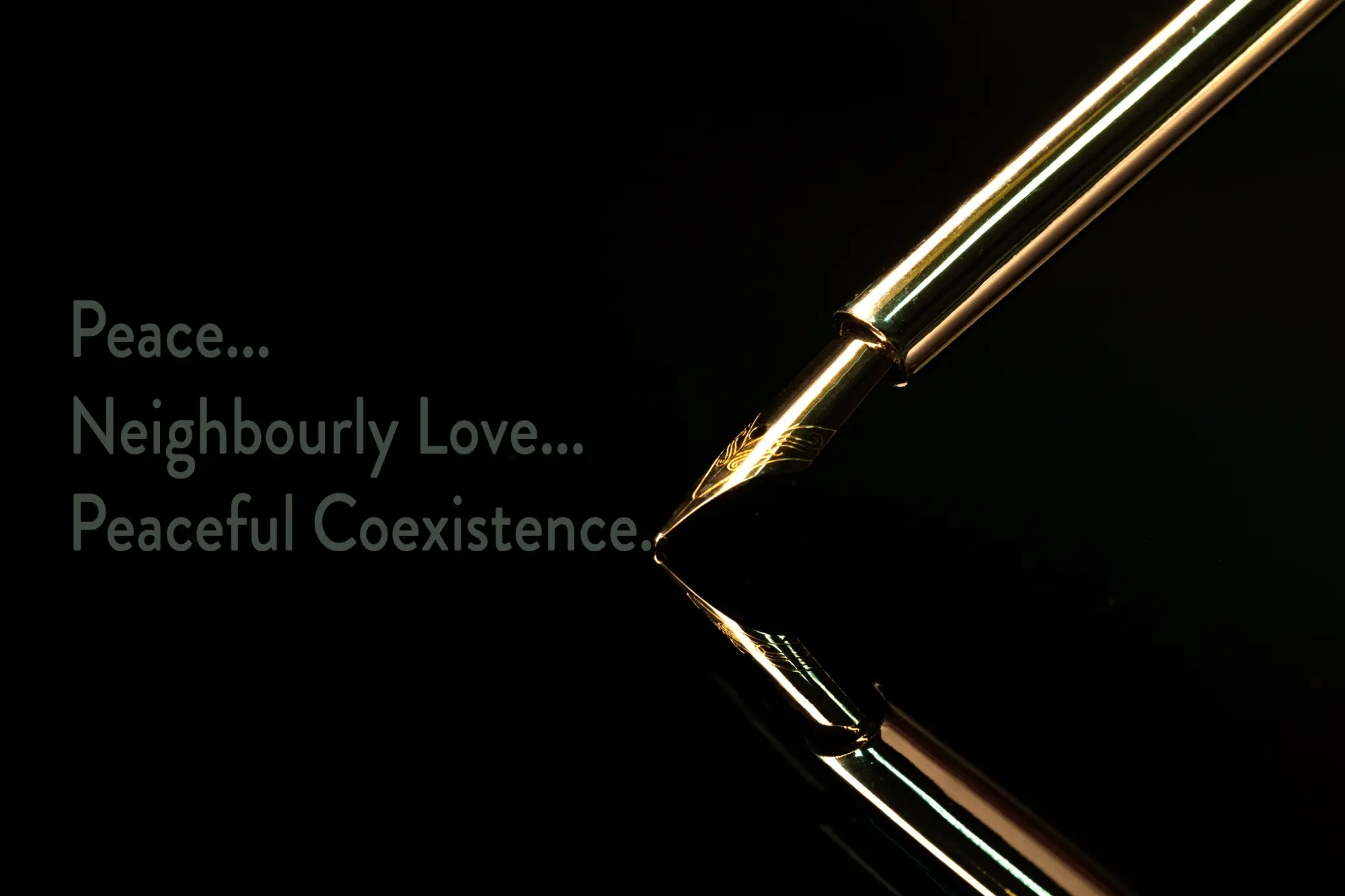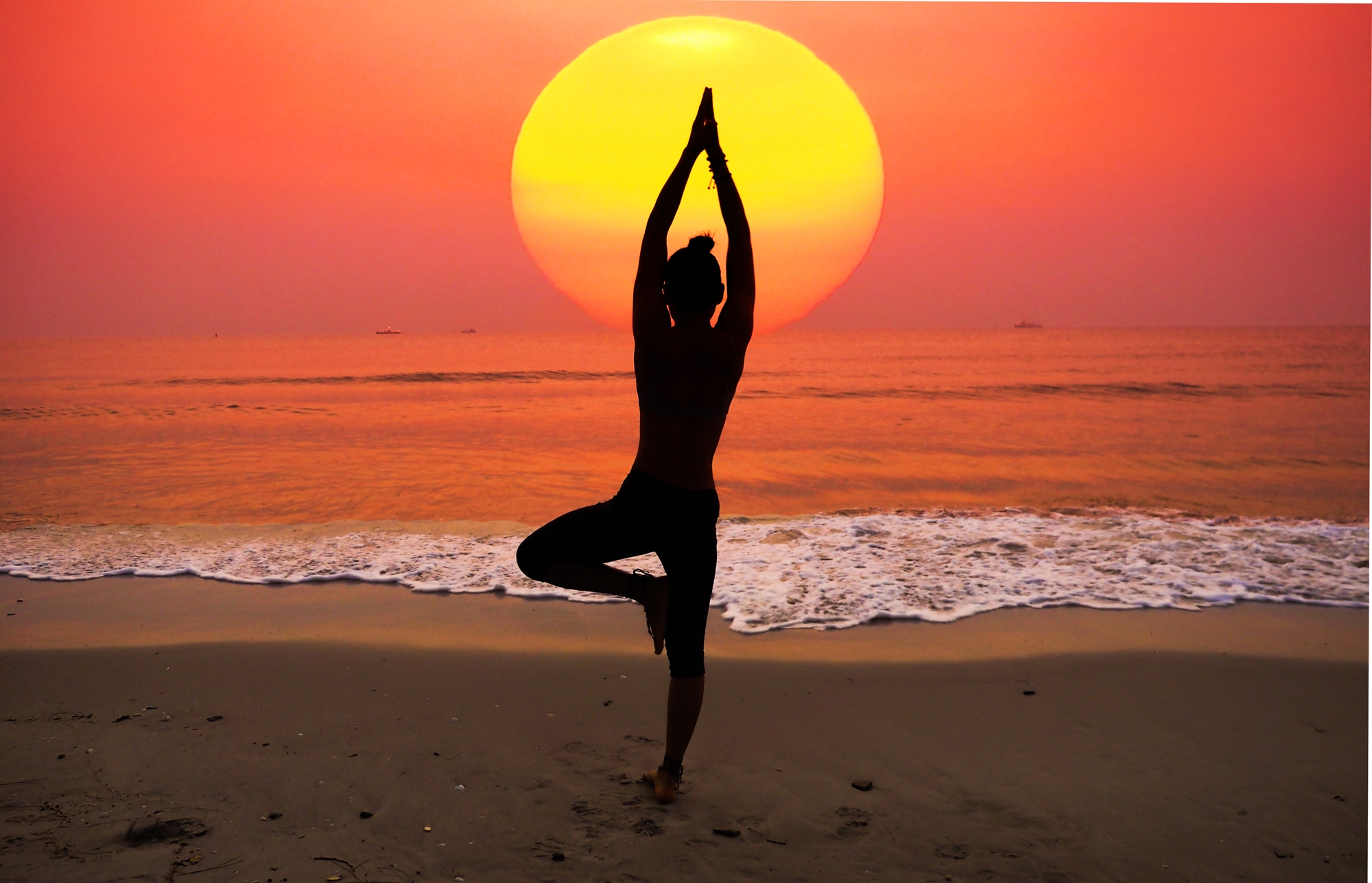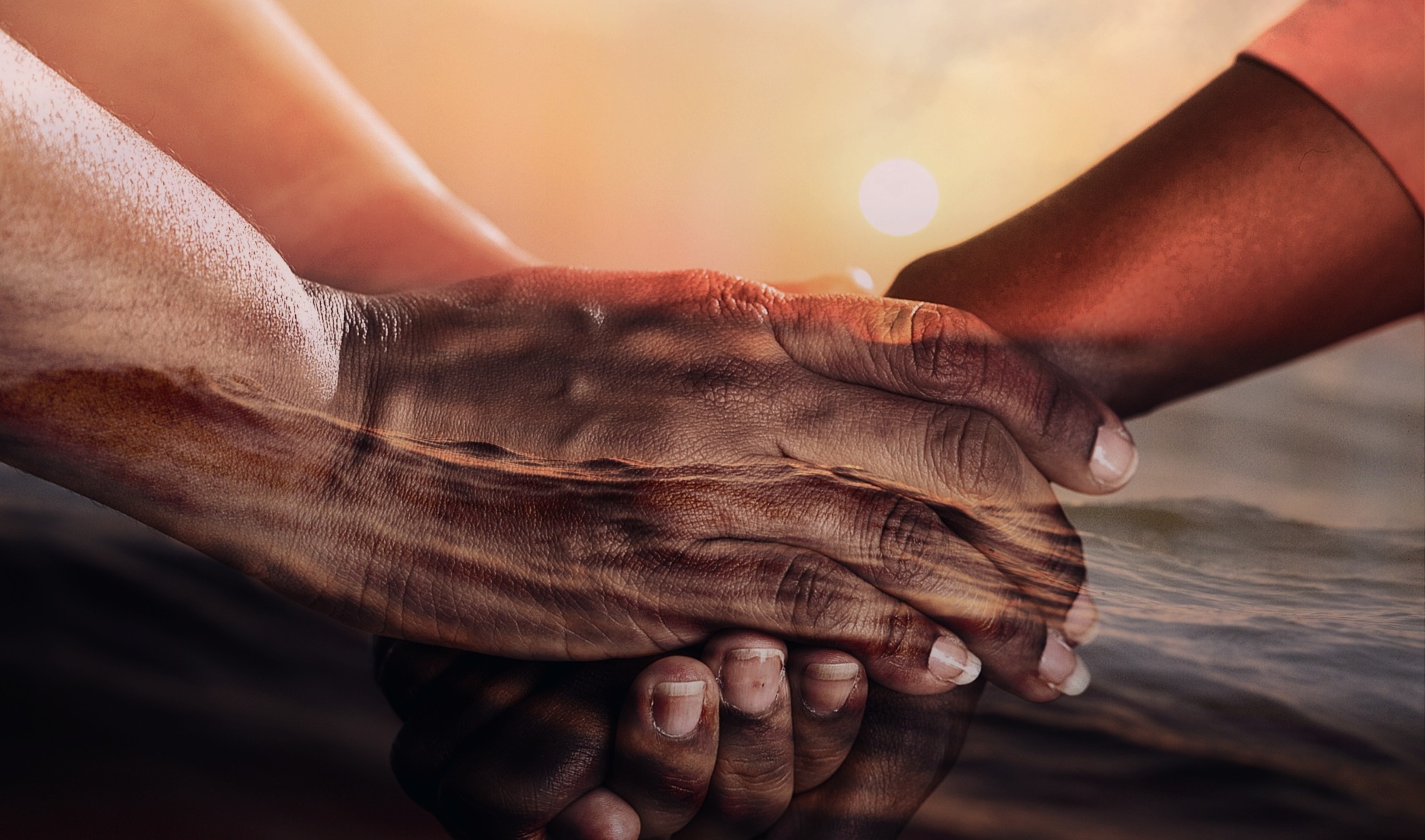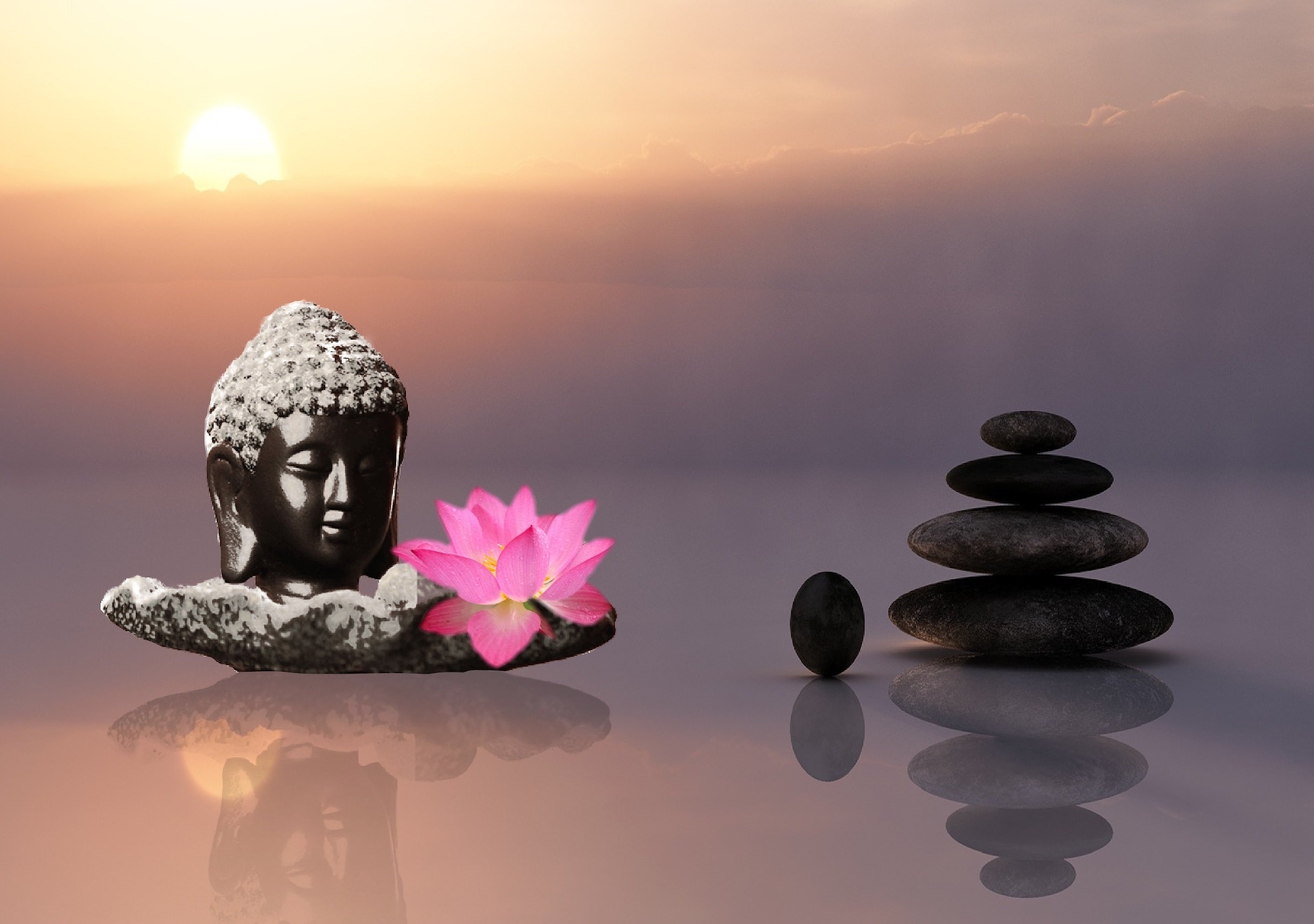
Anyone who comes back here now and again will come to realize that this is a mixture of mission and message… 🙂
I love to share my knowledge, I sometimes watch my contemporaries and feel that they suffer from similar worries as I did – or do at times.
So, I write about it. Which does not mean I ‘go through it’ myself. Necessarily. People, writers and myself – we, they – write or create a lot of writing that reflects thoughts, ideas or realizations.
A little like Woody Allen movies, actually: It’s a sublimation of thoughts, ideas and observation as well as reading…. with a few biographical aspects thrown in for ‘taste’… so it appears.
It may seem incongruous but I feel it’s part of the same thing: In these modern times, with working weeks reduced to less than the classical 40 hours of half a century ago, and considerably less than those 12-16 hour shifts people had to work in the course of the 19th century – I say, the weekends often are considered to be like a list of ‘must-haves’:
-
- ‘Must’ have fun. Lots.
- ‘Must’ have – physical encounters… Lots.
- ‘Must’ do amazing or awesome things… Lots.
And if you would not – you might doubt yourself. Feel inferior, and hide that too. Pretend. There’s a lot of pretension around, has been as long as I can remember, which is some time now…
In reality, if you really listen to what is inside, less is more. I have found this to be true for anyone who’s still able to connect with their human side: Sorrow or joy, they have the most chance to spread, if we listen to our innermost needs. Which can be:
Less is more.









